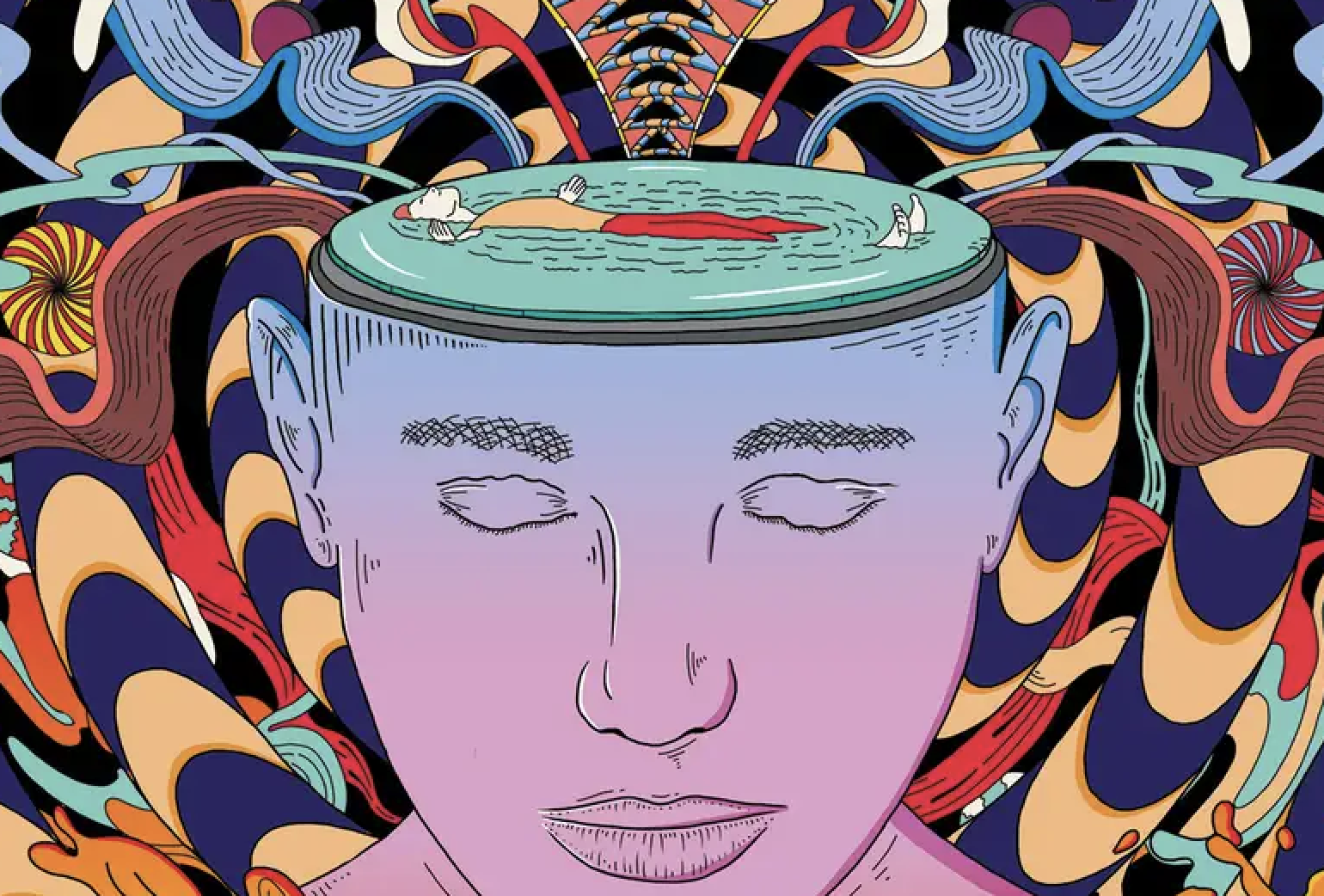61% U.S. Voters Support Legalizing Psychedelic Therapies
SAN FRANCISCO –In a groundbreaking effort, the Berkeley Center for Psychedelic Studies (BCPS) has released the highly anticipated results of their first-ever study on the therapeutic effects of psychedelics. The study, conducted over a span of two years, has ignited hope among researchers and mental health professionals as it sheds light on the potential of psychedelics in revolutionizing mental health treatments.
Led by a team of dedicated scientists and mental health experts, the BCPS study explored the impact of psychedelic substances, such as psilocybin and LSD, on patients suffering from treatment-resistant depression, anxiety, and post-traumatic stress disorder (PTSD). The participants, who had previously found little relief from conventional therapies, underwent a carefully supervised and structured treatment program that incorporated psychedelic-assisted psychotherapy.
The results were nothing short of remarkable. The majority of participants reported significant improvements in their mental well-being and overall quality of life following the psychedelic-assisted therapy sessions. Remarkably, the positive effects endured even months after the treatment, challenging the conventional notion of mental health interventions.
More than six in ten (61%) American registered voters support legalizing regulated therapeutic access to psychedelics, including 35% who report “strong” support, the inaugural UC Berkeley Psychedelics Survey has found. Over half of voters (56%) polled support obtaining FDA approval for psychedelics by prescription
Researchers highlighted that the profound experiences triggered by the psychedelic compounds appeared to encourage introspection and introspective insights, leading participants to confront and process deep-seated traumas and emotional wounds. This novel approach, characterized by its holistic nature, enabled individuals to make positive and lasting changes in their psychological and emotional states.
Though the exact mechanisms behind these transformative experiences remain the subject of further investigation, initial findings suggest that psychedelics may stimulate neuroplasticity and promote increased connectivity between brain regions, potentially paving the way for new therapeutic approaches for mental health disorders.
Crucially, the study also emphasized the importance of a controlled and supportive environment during psychedelic-assisted therapy. The researchers noted that participants who received proper guidance from trained therapists and were in a secure setting experienced more profound and positive outcomes. This underlines the significance of a responsible and regulated approach when exploring the therapeutic applications of psychedelics.
Despite these groundbreaking results, the BCPS team acknowledges that further research is essential to fully comprehend the long-term effects and safety considerations of using psychedelics as a therapeutic tool. The study also highlighted the need for appropriate training programs to equip therapists with the necessary skills and knowledge to administer psychedelic-assisted treatments safely and effectively.
As word of the study’s outcomes spreads across the scientific and medical communities, the implications are likely to be far-reaching. The findings of the BCPS study offer a glimmer of hope for the millions of individuals worldwide who suffer from debilitating mental health conditions.
In light of these discoveries, the study’s authors are calling for a reevaluation of current drug policy frameworks, urging policymakers to reconsider the classification of psychedelics to facilitate further research and exploration into their potential therapeutic benefits.
While the road ahead may be challenging, the BCPS study marks a pivotal moment in the quest to revolutionize mental health treatments. As more researchers and institutions join the pursuit of understanding psychedelics’ therapeutic potential, society inches closer to a future where mental health conditions may no longer hold the same grip on the human experience.


































